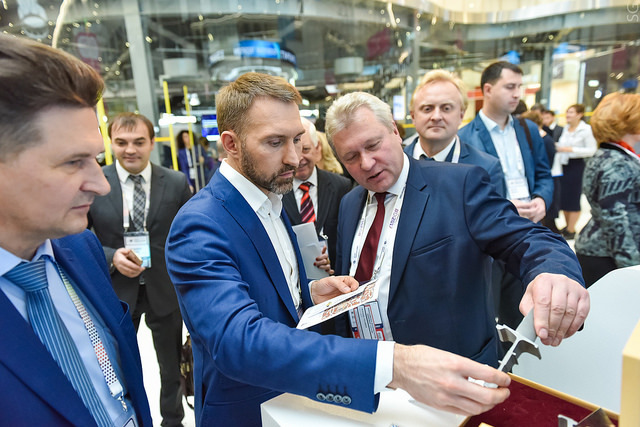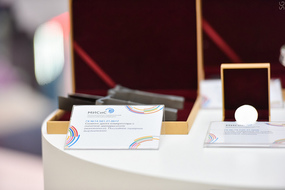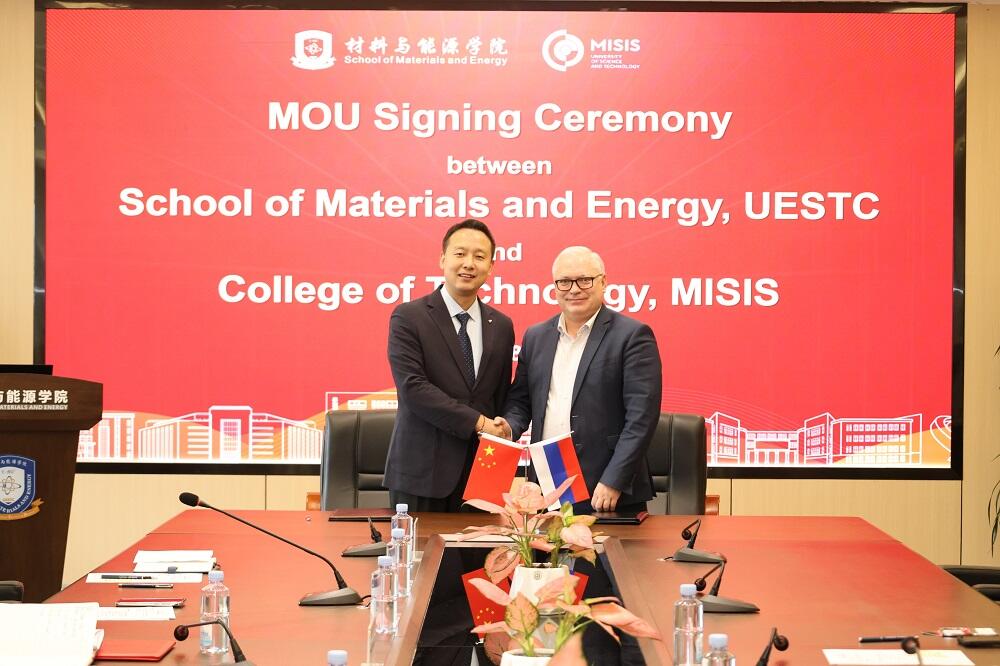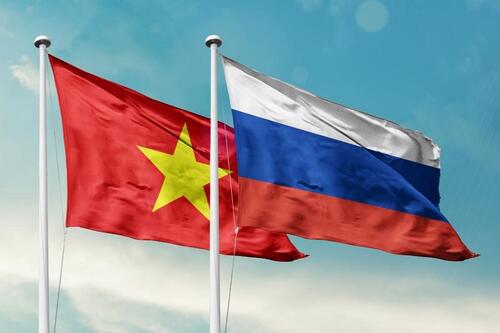In general, Russian universities are not eager to participate in technological competitions as they are afraid to underperform in fields where they have notable financing, authority, and educational programs. Mikhail Filonov, the NUST MISIS Vice-Rector of Research & Development, expressed such an opinion, formed over years of observations, at the panel discussion “Prize competitions: A new path to open innovations”, held at the Open Innovations Forum 2017.
In general, Russian universities are not eager to participate in technological competitions as they are afraid to underperform in fields where they have notable financing, authority, and educational programs. Mikhail Filonov, the NUST MISIS Vice-Rector of Research & Development, expressed such an opinion, formed over years of observations, at the panel discussion “Prize competitions: A new path to open innovations”, held at the Open Innovations Forum 2017.
There is also some opposition to the development of technological competitions from potential participants.
“The current situation in our domestic industry is one of blocks for the development of the country`s technological competitions. Our industry is very monopolized: there is no internal competition in our country, and NUST MISIS faces this problem when holding technological competitions. But there is competition in the world market, and it is easier for us to compete with our colleagues in Europe and America than to do something similar in Russia. However, we gradually have begun to overcome this situation and we look optimistically to the future. It is necessary to create and hold technological competitions, as they cause huge interest and attract tremendous numbers of young people. As for me, it is the best way to popularize science, and that is why it is very important for us”, emphasized Filonov.
As an example, Filonov spoke about a recent international hackathon on artificial intelligence and computer vision held at NUST MISIS:
“Dozens of teams from Russian universities participated in the hackathon, but only 27 reached the on-site competition. For example, Lomonosov Moscow State University was represented by four teams, also teams all the way from the University of Cambridge, Beijing Institute of Technology, Arizona State University, and the Massachusetts Institute of Technology took part in the hackathon. And although it has just finished, the 20 teams have already submitted entries for the next hackathon. In this case we act as a collaborative platform, and through the distribution of information about our competencies we are trying to enter into international projects.”





